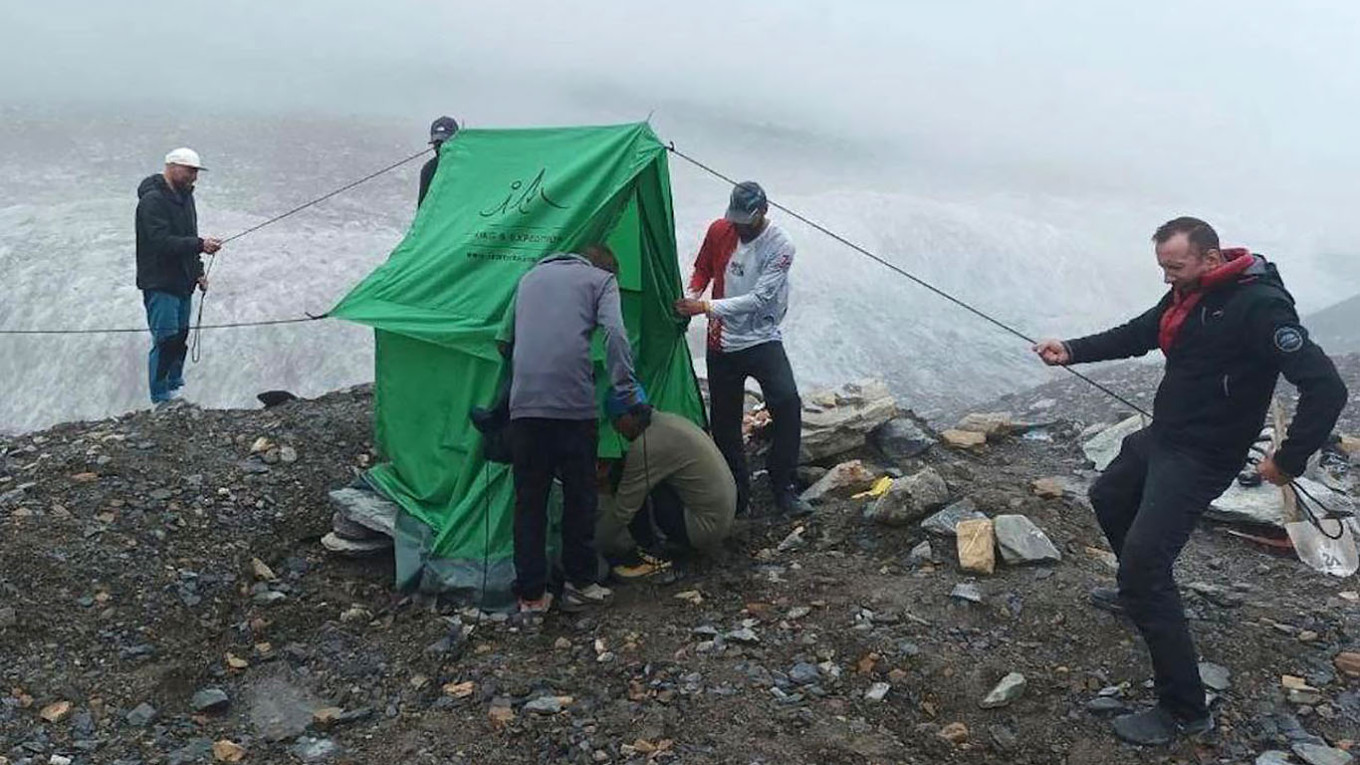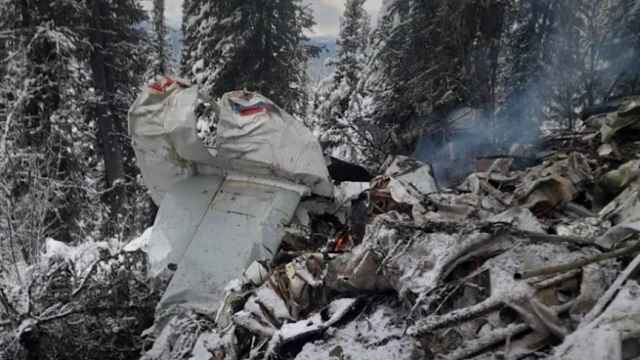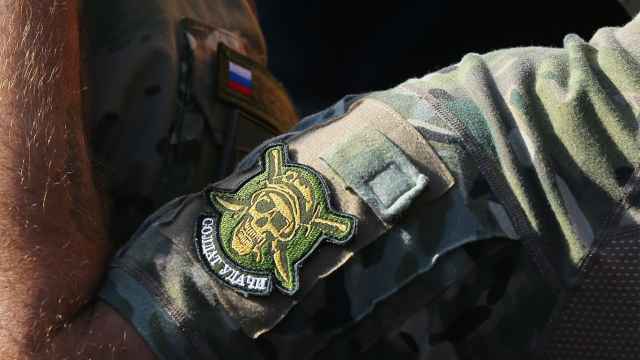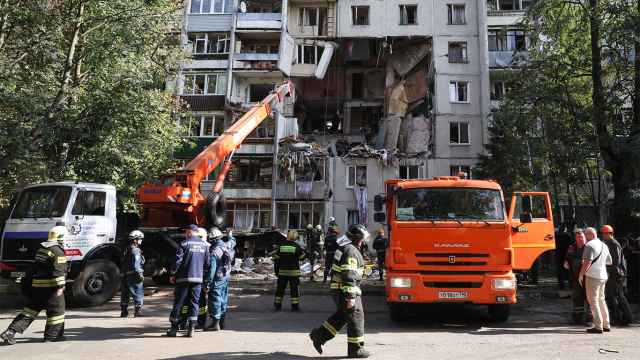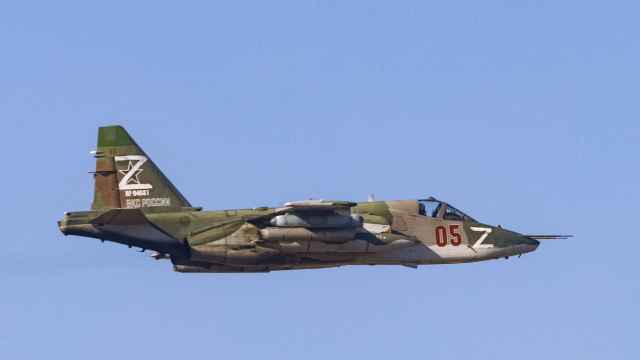Five Russian mountaineers were killed while climbing in Nepal, a tourism official said Tuesday, two days after the team lost contact while on the world's seventh-highest mountain, Dhaulagiri.
Rakesh Gurung, from Nepal's tourism department, said the team went missing late on the evening of Oct. 6 during an attempt to summit the 8,167-meter (26,795 feet) Himalayan peak.
"Five dead bodies were discovered by a helicopter rescue team," Gurung told AFP. "They fell from 7,700 meters."
He said one climber who quit the summit attempt had been rescued from the mountain, and had "been admitted to hospital" in the capital Kathmandu.
Hundreds of people from around the world travel to the Himalayas each year for the fall climbing season in Nepal.
Nepal is home to eight of the world's 14 highest peaks and foreign climbers that flock to its mountains are a major source of revenue for the country.
The rapid growth of the climbing industry has created fierce competition among companies for business, and also raised fears that some are cutting corners on safety.
Dhaulagiri's peak was first scaled in 1960 by a Swiss-Austrian team and has since been climbed by hundreds of people.
A Message from The Moscow Times:
Dear readers,
We are facing unprecedented challenges. Russia's Prosecutor General's Office has designated The Moscow Times as an "undesirable" organization, criminalizing our work and putting our staff at risk of prosecution. This follows our earlier unjust labeling as a "foreign agent."
These actions are direct attempts to silence independent journalism in Russia. The authorities claim our work "discredits the decisions of the Russian leadership." We see things differently: we strive to provide accurate, unbiased reporting on Russia.
We, the journalists of The Moscow Times, refuse to be silenced. But to continue our work, we need your help.
Your support, no matter how small, makes a world of difference. If you can, please support us monthly starting from just $2. It's quick to set up, and every contribution makes a significant impact.
By supporting The Moscow Times, you're defending open, independent journalism in the face of repression. Thank you for standing with us.
Remind me later.


